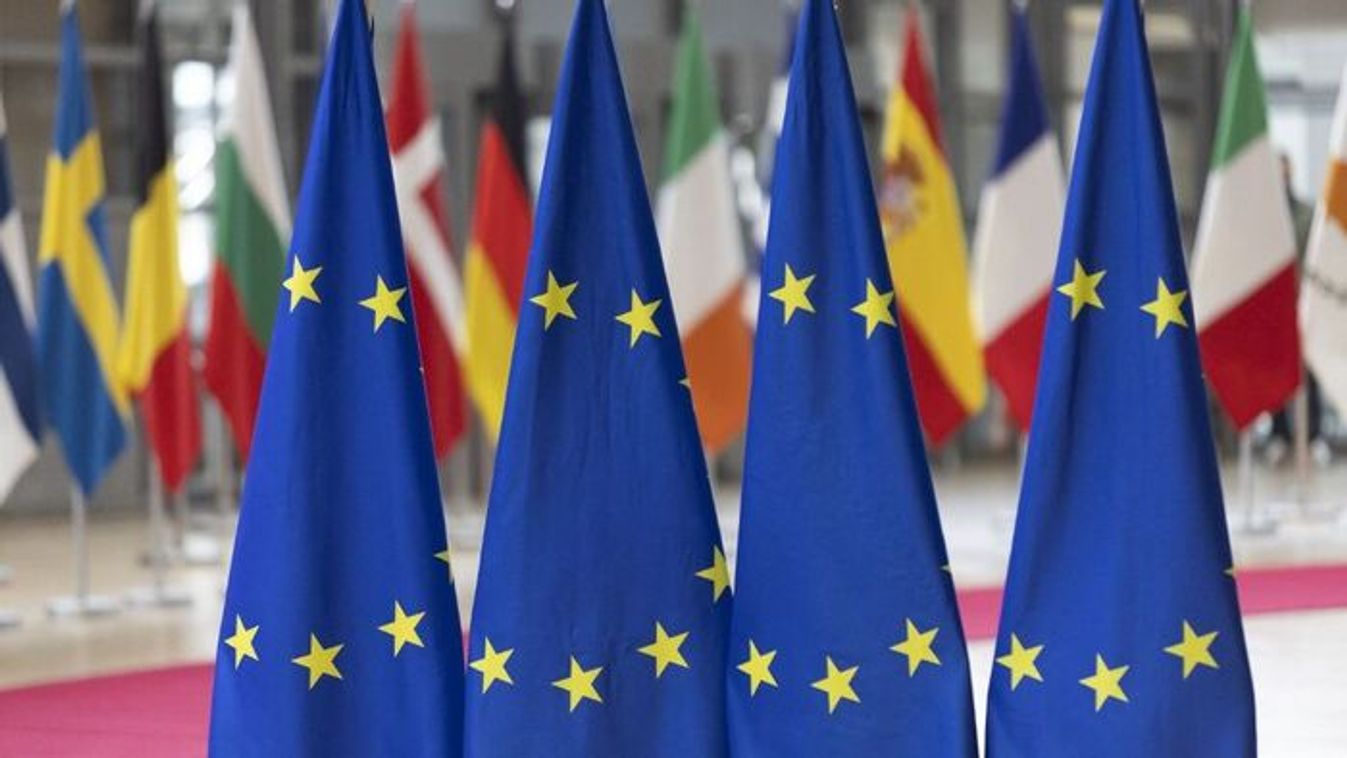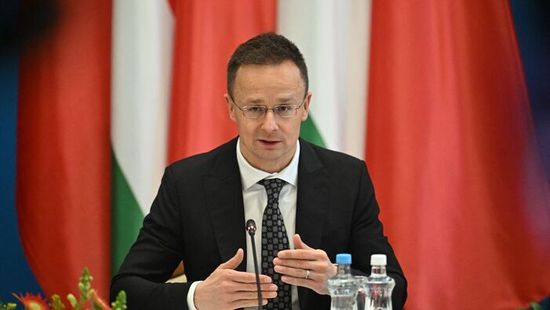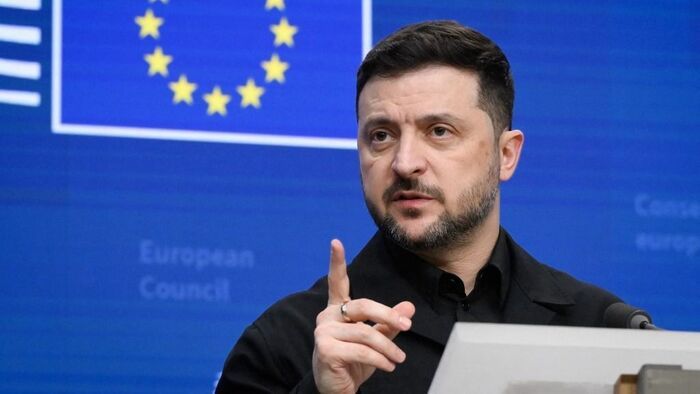Although the proposal cites rising geopolitical tensions in Europe, researcher Bernadett Petri argues that it is primarily driven by French and German interests, as well as long-standing federalist ambitions in Brussels. The introduction of an EU-wide investment screening system—especially one that includes decision-making powers—could set a precedent for extending EU authority into other economic areas such as industrial policy, innovation subsidies, and capital flows. This would pave the way for a form of economic federalism historically favored by France and pragmatically accepted by Germany when it serves their economic interests. While the proposal is framed as a means of protecting European sovereignty, critics argue that real sovereignty lies not in suppressing the freedoms of nation-states, but in supporting their autonomy. True European sovereignty would require asserting independence in external relations while fully respecting national self-determination internally.























Szóljon hozzá!
Jelenleg csak a hozzászólások egy kis részét látja. Hozzászóláshoz és a további kommentek megtekintéséhez lépjen be, vagy regisztráljon!